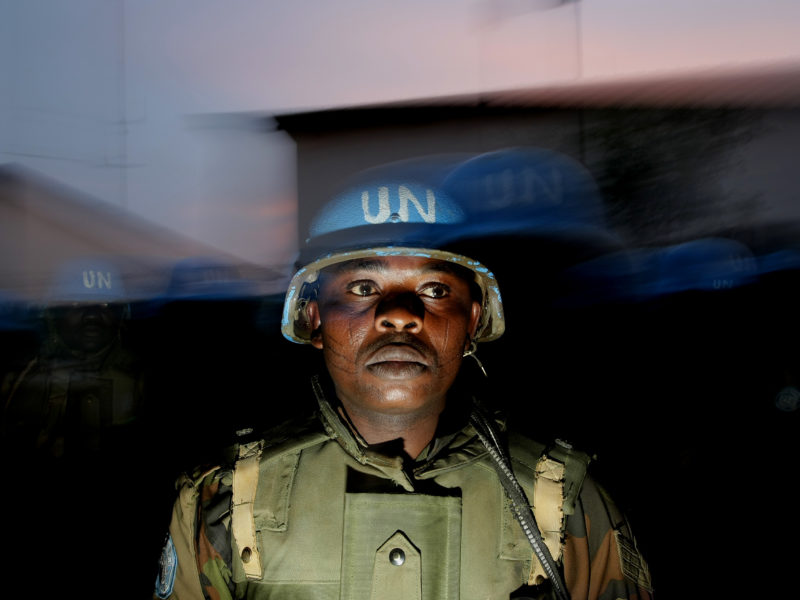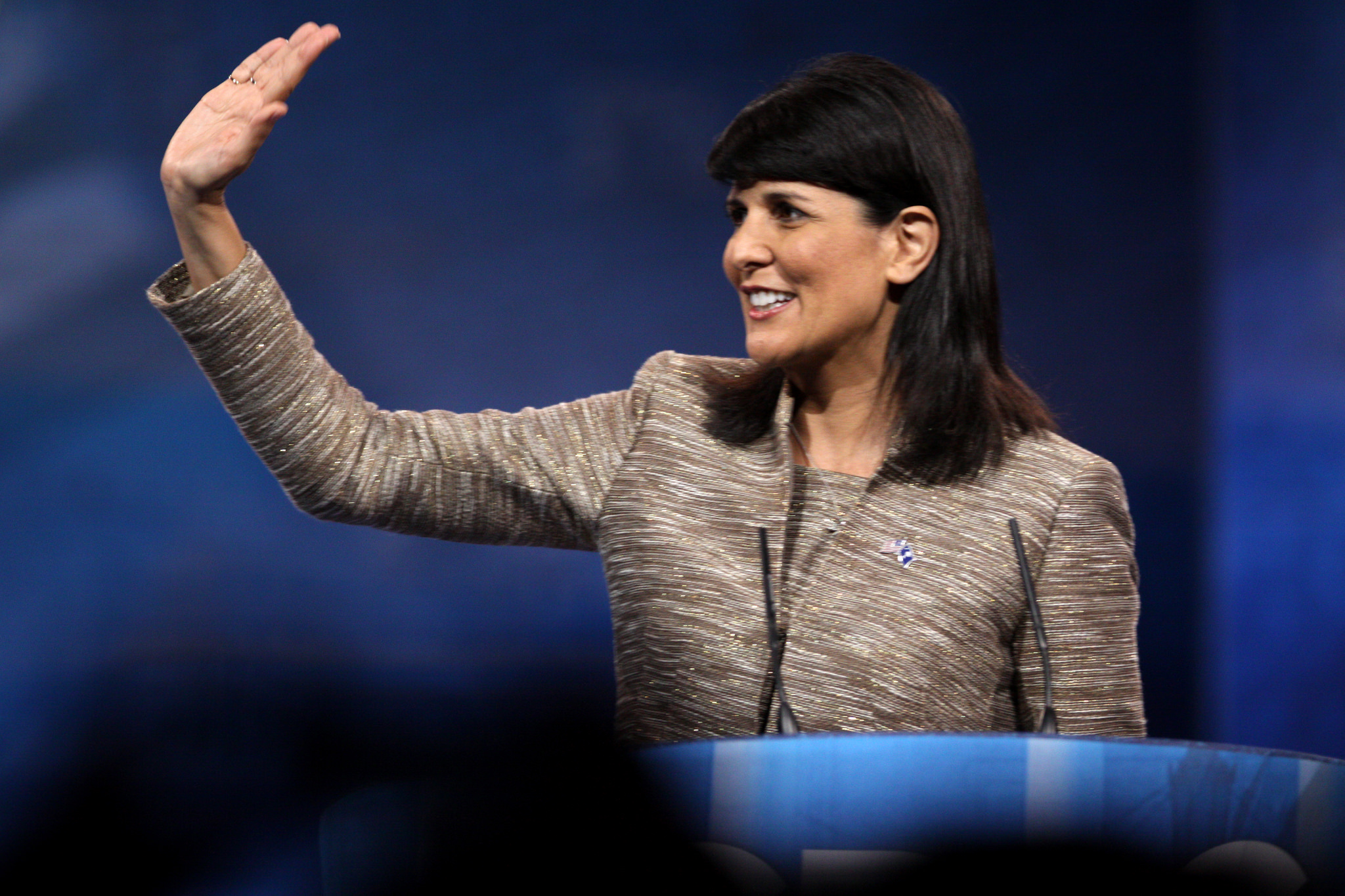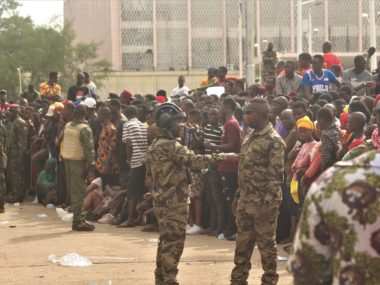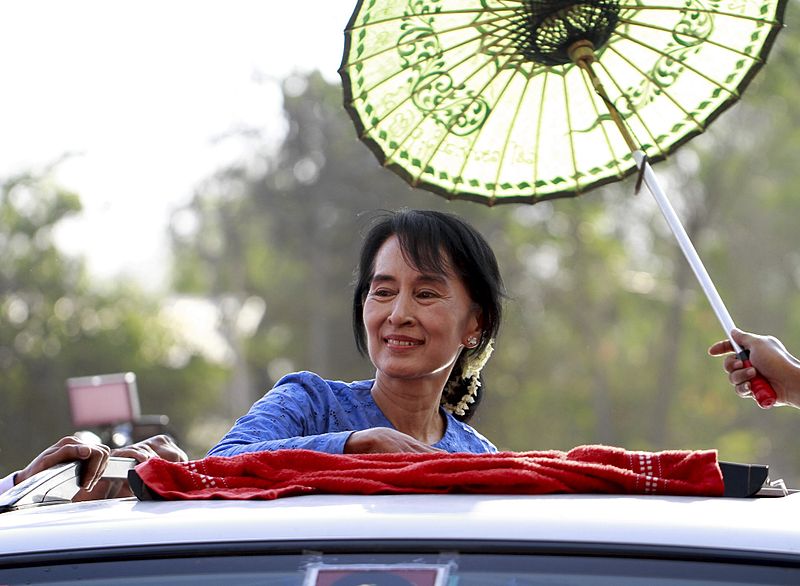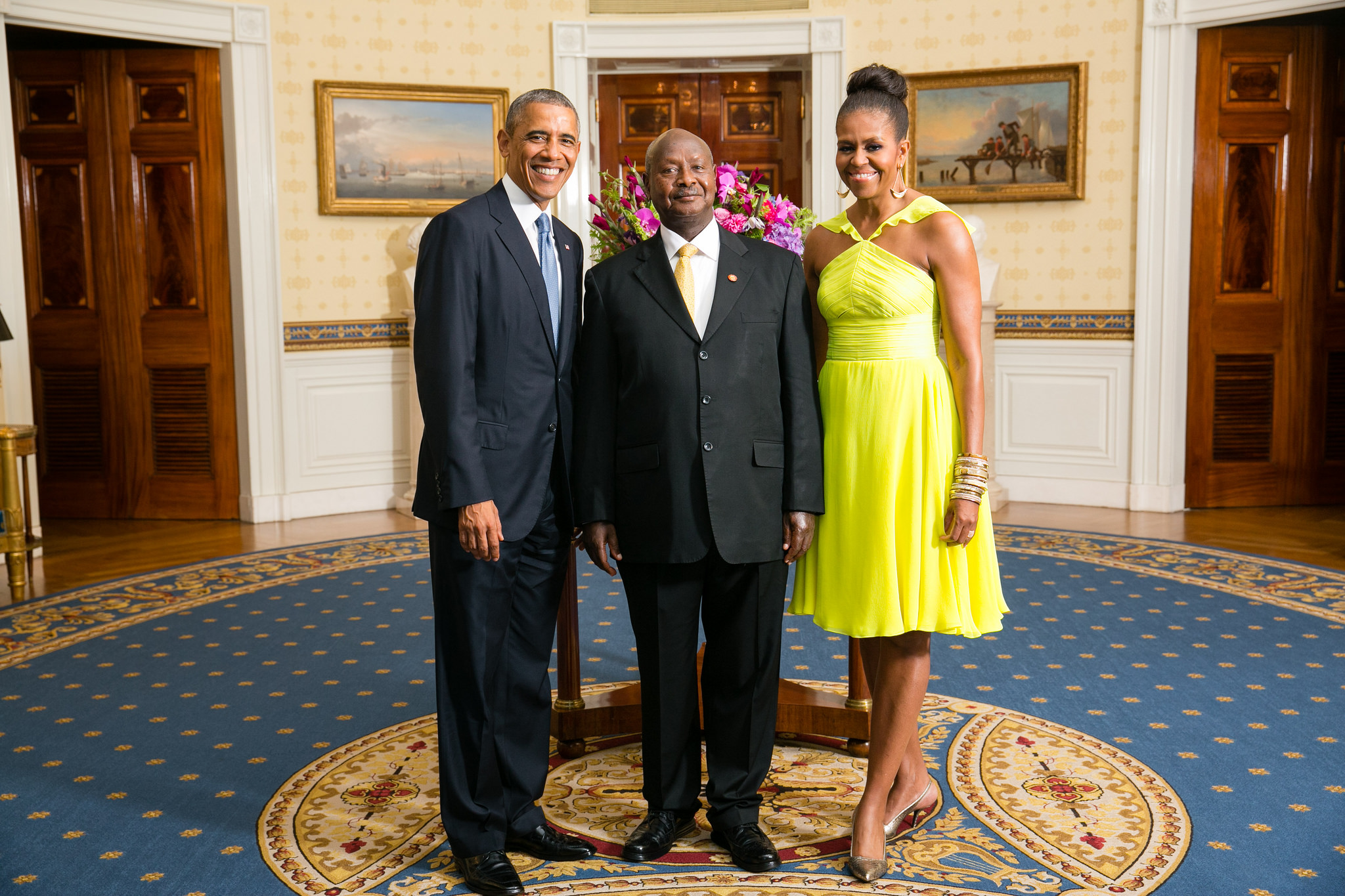Every student that takes a class on United Nations (UN) peace operations will be told on day one that, along with impartiality and the non-use of force (except in self-defense and defense of the mandate), the consent of the conflict parties is one of the three fundamental principles of UN peacekeeping.
But students will soon realize that the principle of consent is just that—a principle. Which is often compromised. Host-state consent was compromised during the deployment of UN peacekeepers in the Ivory Coast when Laurent Gbagbo was in power. UN peacekeepers in South Sudan also face the challenge of compromised host-state consent. Peacekeepers in the Democratic Republic of Congo have occasionally also been confronted by government actors trying to undermine their work. The withdrawal of host-state consent has even led to the termination of peacekeeping operations in Chad, Burundi, and Eritrea/Ethiopia.
These examples suggest that rather than describing the reality of contemporary peace operations, it makes more sense to think of host-state consent as ranging from strong to compromised, thus either enabling or constraining the success of peace operations. Devious host-state consent—i.e., when the host country undermines rather than supports the peace process—should be a key focus point in contemporary peace operations.
Indeed, in a recently published article in International Studies Review, I show that the importance of host-state consent is the big lesson of the United Nations – African Union Mission in Darfur (UNAMID). Devious host-state consent in Sudan meant that the protection of civilian activities of UNAMID was undermined right from the start of the mission in early 2008. Much like removing the joint of a bird’s wing farthest from the body to prevent it from flying away, which is called pinioning, UNAMID staff were immobilized by the Sudanese government. In Sudan, this meant peacekeepers’ movements and activities were obstructed in order to prevent them from implementing their mandates. The widespread pinioning of peacekeepers in Darfur turned UNAMID into a shadow of its original purpose.
Examples of such pinioning activities include stalling the import of supplies and equipment from abroad, refusing to provide visas for UN personnel, the destruction of property, the hijacking of vehicles, obstructing patrols at checkpoints, disarming peacekeepers, refusing access to staff that monitor human rights, declaring key staff in UN peacekeeping operations persona non grata, or putting restrictions on air travel.
Preventing the pinioning of peacekeepers should be a key concern in contemporary peace operations generally, and it should be a key concern for the new UN mission in Sudan that replaces UNAMID: the UN Integrated Transition Assistance Mission in Sudan (UNITAMS).
The decision to withdraw UNAMID was made in 2017. The widespread obstruction of UNAMID was one of the major considerations for the plans to scale down UNAMID and close the mission in 2020. However, with the fall of former President Omar al-Bashir on April 19, 2019 and the inauguration of a transitional power-sharing government in August 2019, the possibility of a follow-on mission arose.
The new special political mission has four tasks: supporting the democratic transition, the peace process (focusing on Darfur and South Kordofan and Blue Nile), peacebuilding (including the support of local peace processes), and the mobilization of aid. One point of contention during the negotiations leading up to UNITAMS was whether the follow-on mission would be equipped with a civilian protection mandate. The United Kingdom and Germany unsuccessfully pushed for Chapter VII provisions, 2,500 uniformed police, and a quick reaction force comprising one military battalion in order to give the civilian protection mandate some teeth.
While UNITAMS will not have a robust mandate for civilian protection, it should still take great care to manage host-state consent, as pinioning can also be observed in political missions. For instance, the government of Burundi declared the members of the UN Commission of Inquiry on Burundi persona non grata when it published a report on human rights abuses in September 2018. Similarly, the government of Somalia declared the UN Special Representative Fink Haysom persona non grata on January 1, 2019, allegedly because of critical remarks regarding human rights abuses.
With Sudanese Prime Minster Hamdok at the helm, the UN and the African Union have a partner who welcomes, rather than obstructs, international support, as evidenced in the recent conclusion of a peace agreement to end the war in Darfur on August 31, 2020. But the situation could change again. A common joke among observers of Sudan is that when you leave Sudan for seven days everything seems to have changed, but everything looks the same when you come back in seven years.
A worrying sign is that, during the negotiations on the follow-on mission in Sudan, the first letter Prime Minster Hamdok sent to the UN secretary-general explicitly mentioned civilian protection, while a second letter did not. The first letter was drafted by Hamdok’s office, while the second was drafted on the basis of consultations among civilian and military representatives within the Sovereignty Council, which governs Sudan during the transitional period. One prominent member within this council who is likely opposed to a robust civilian protection mandate is General Hamdan “Hemedti” Dagolo, whose Rapid Support Forces are predominantly composed of former “Janjaweed” fighters from Darfur, who fought a brutal counter-insurgency during the early years of the war in Darfur. As long as actors like Hemedti are in positions of power in Sudan, there is a real risk that UNITAMS will end up like a pinioned bird—just like UNAMID.
How then should the UN go about managing the threat of comprised host-state consent? Three points stand out.
First of all, the UN and Sudan should not only agree on the mandate of UNITAMS, they should also agree on how to deal with subsequent host-state behavior that is not in line with the spirit of the mandate.
Second, any violations of the agreement on the mandate should be nipped in the bud. The pinioning of a peace operation can start in subtle ways. For instance, South Sudanese government officials at some point warned the UN in South Sudan that they might accidentally shoot at UN airplanes if they were not informed of these flights. The UN subsequently instituted a policy wherein it notified the South Sudanese authorities of all flights. However, numerous UN flights that were supposed to fly to locations to investigate human rights abuses were prevented from taking off because South Sudanese officials did not respond to the notifications. Even seemingly small infringements of the agreement on the mandate of UNITAMS should therefore not be accepted.
Third, the UNITAMS leadership should make sure that staff teams include personnel with experience navigating the challenges of weak host-state consent and the pinioning of UN activities. When negotiations on the local level fail, the matter should be discussed between the mission leadership and senior government representatives. When even this fails, the matter should be brought to the attention of New York. A Stimpson Center report notes in this regard that when host-state obstruction escalates, the Security Council, with the assistance of the secretary-general, should act decisively to dissuade behavior by the host-state that violates the spirit of the mandate.
It is of paramount importance that the UN learns from UNAMID’s experience of having to deal with compromised host-state consent. Even while Prime Minister Hamdok and his supporters are in favor of UNITAMS and a peace agreement has been concluded, the UN should prepare the follow-on mission for the possibility that its staff one day may be confronted with Sudanese actors who want to undermine its chance of success.

